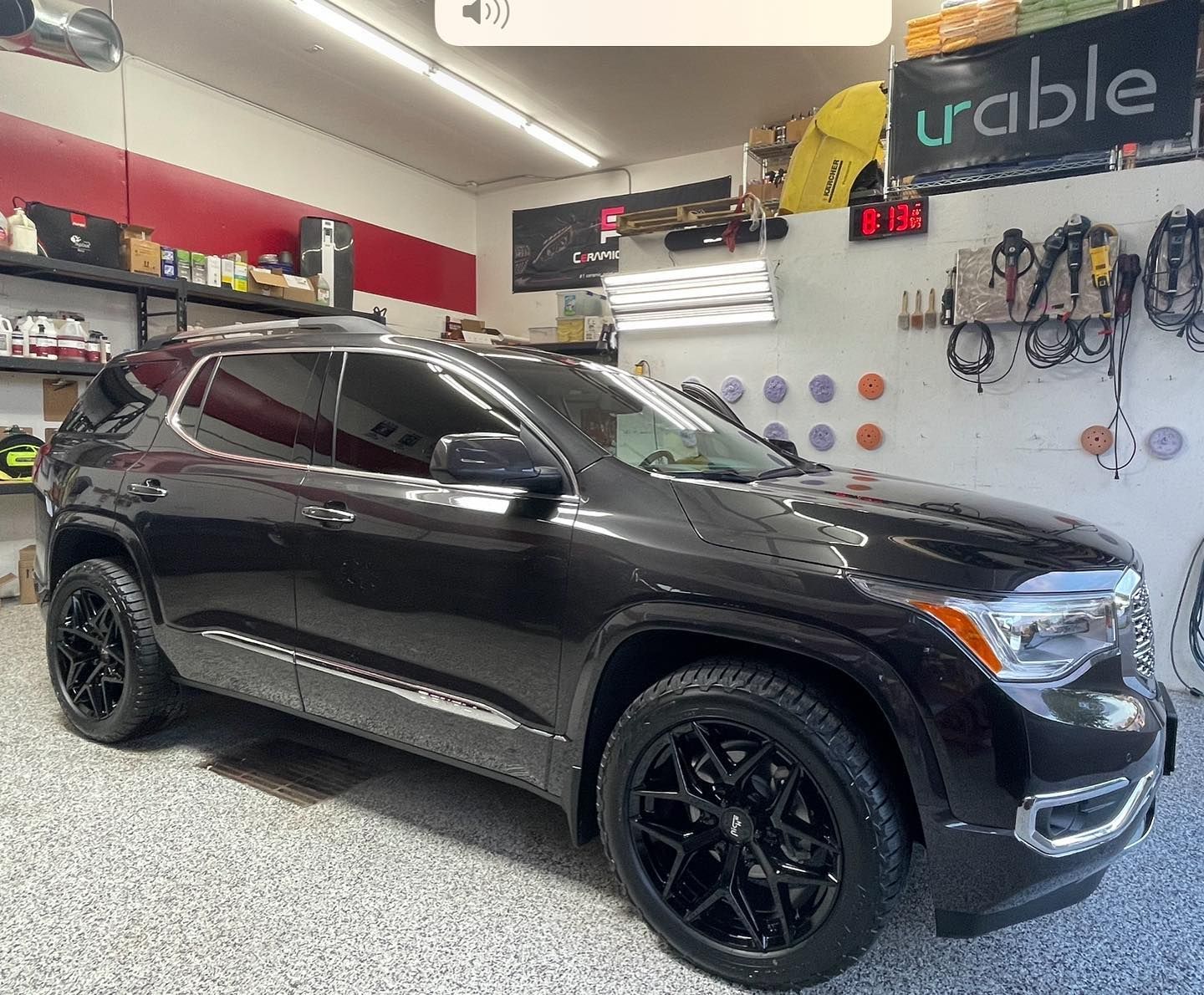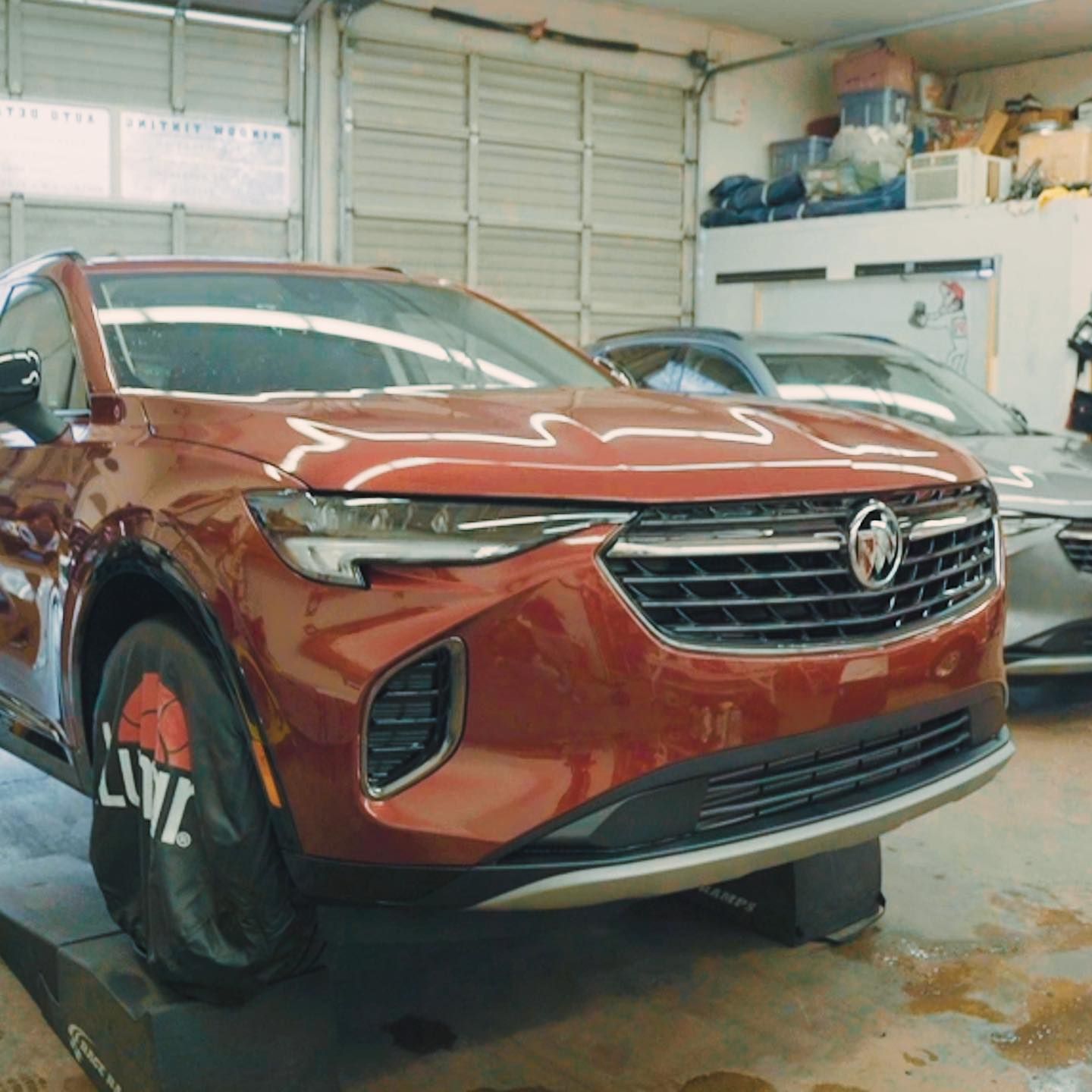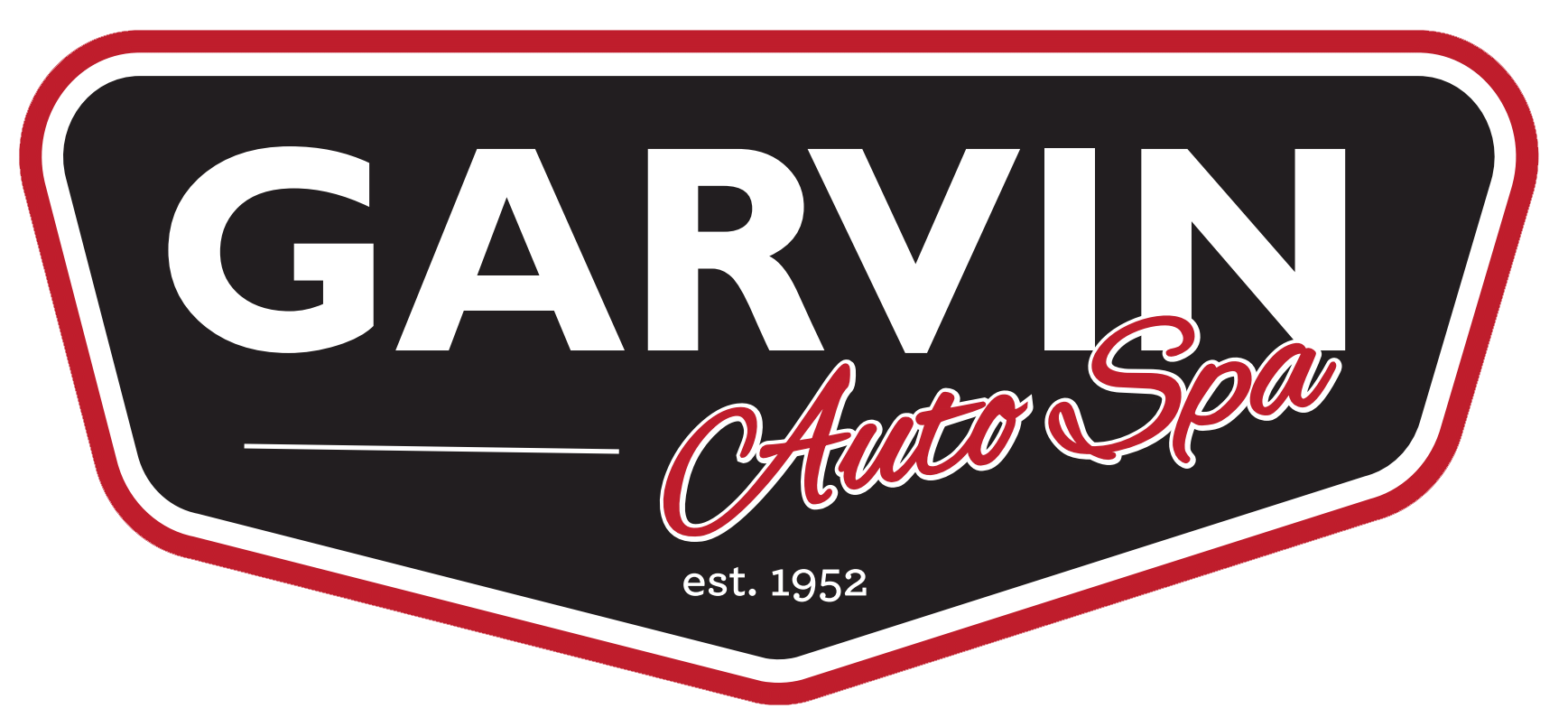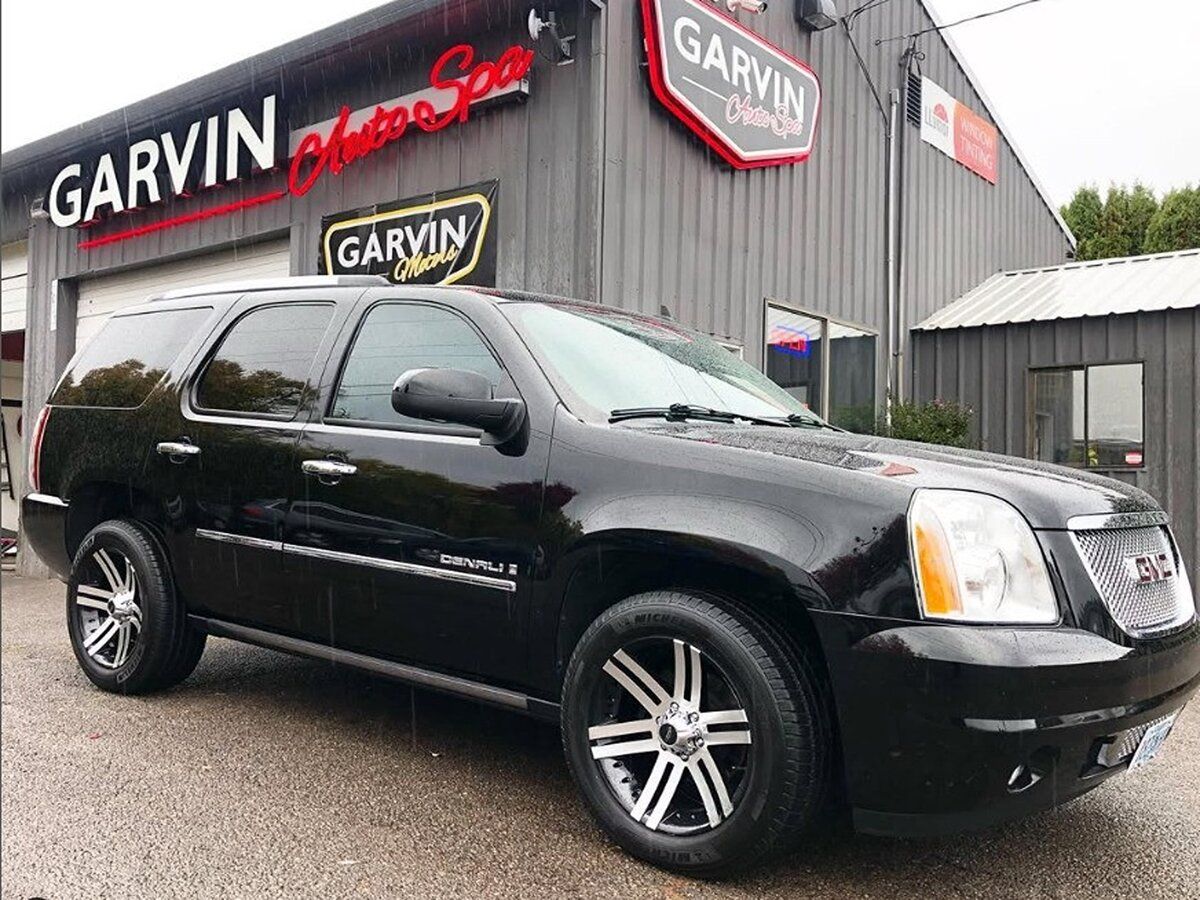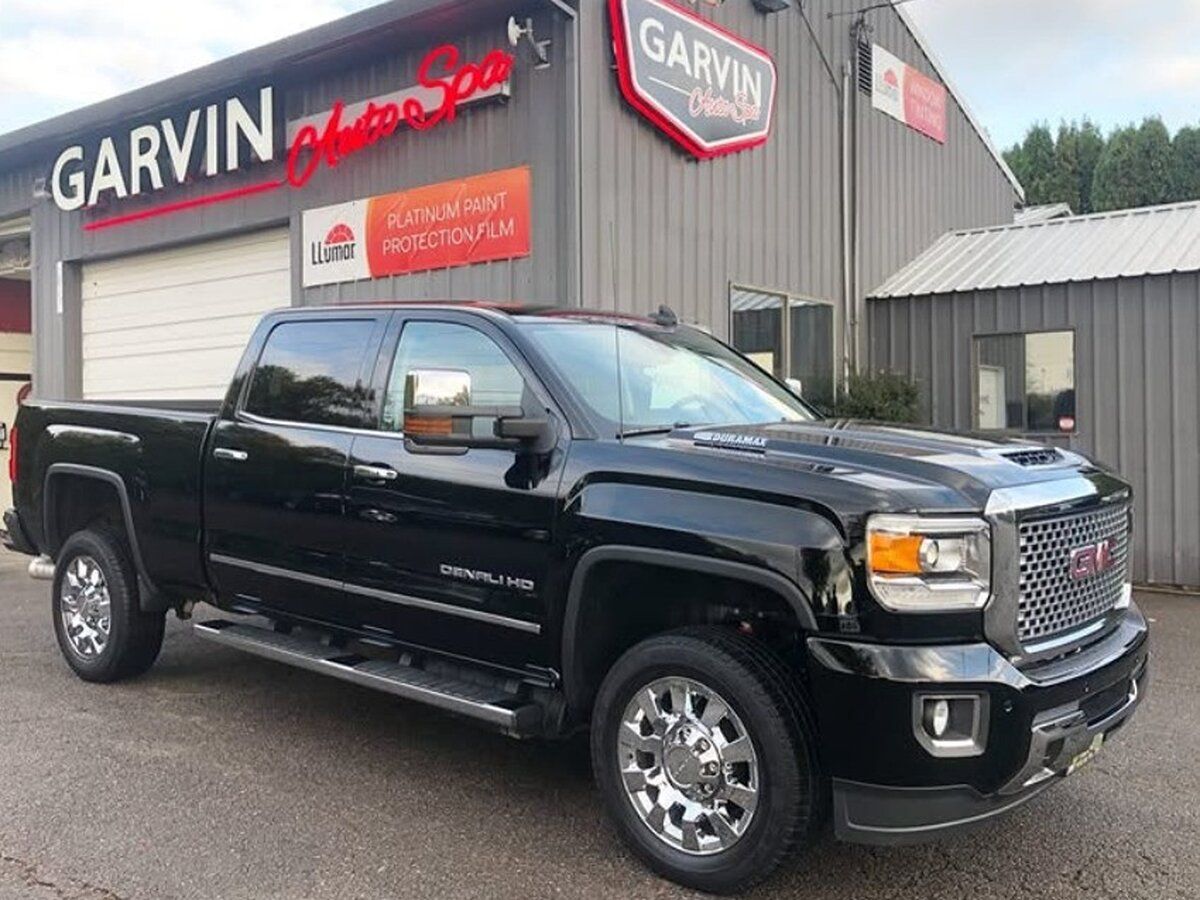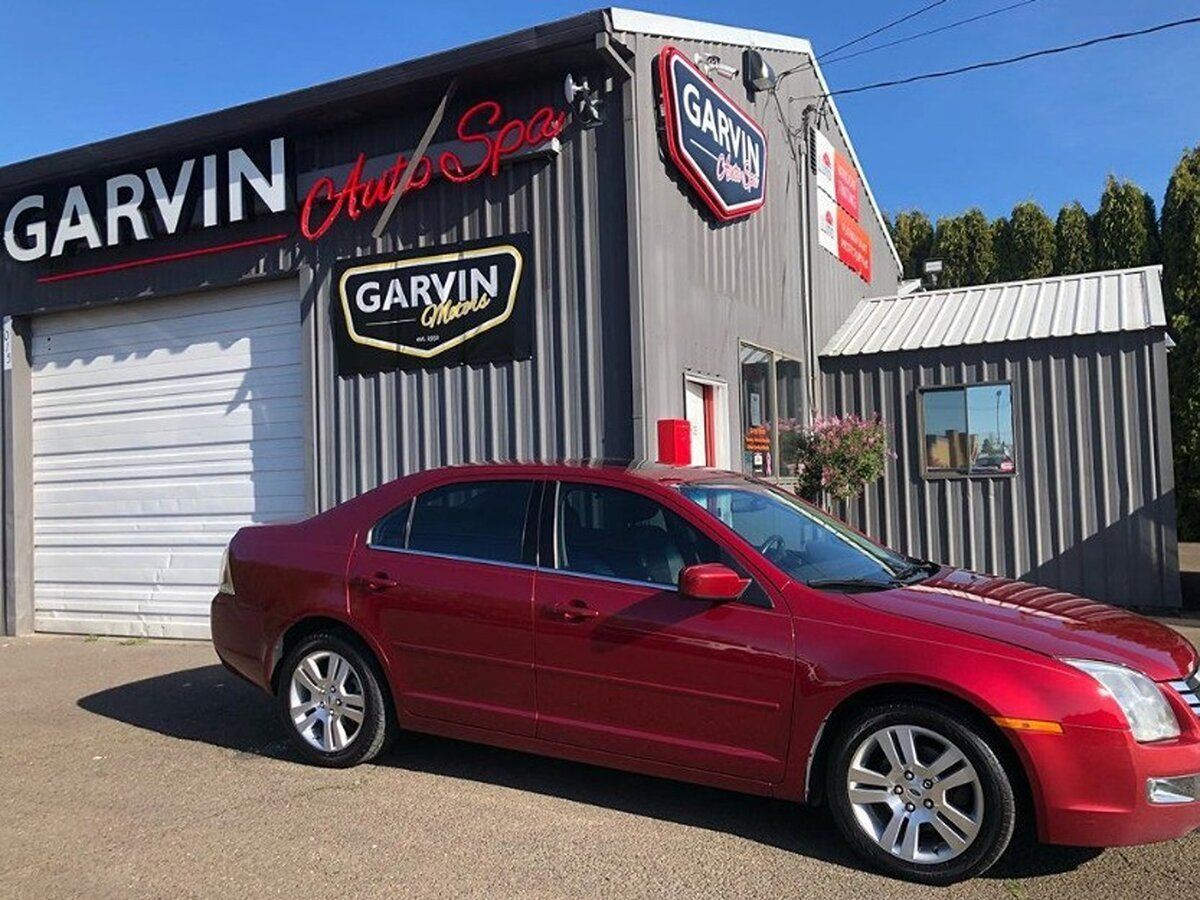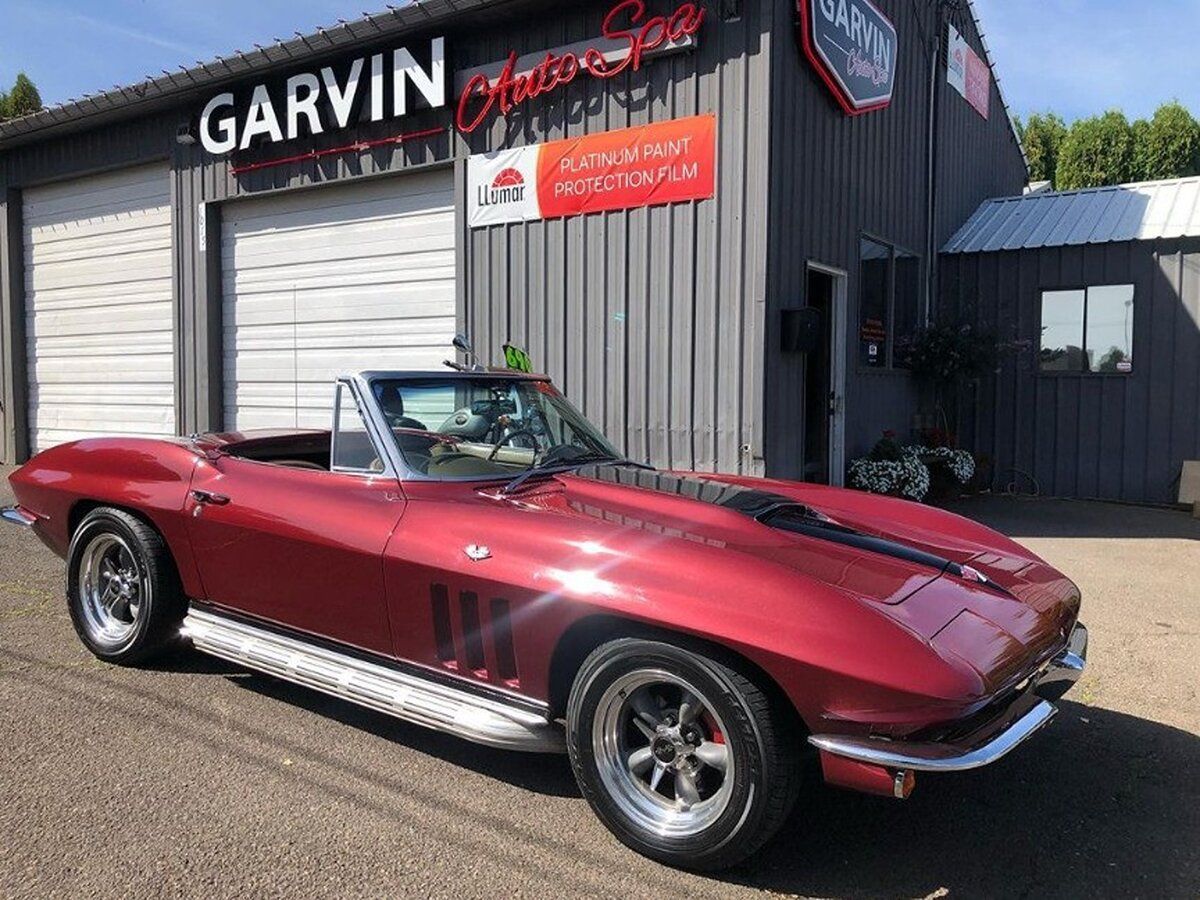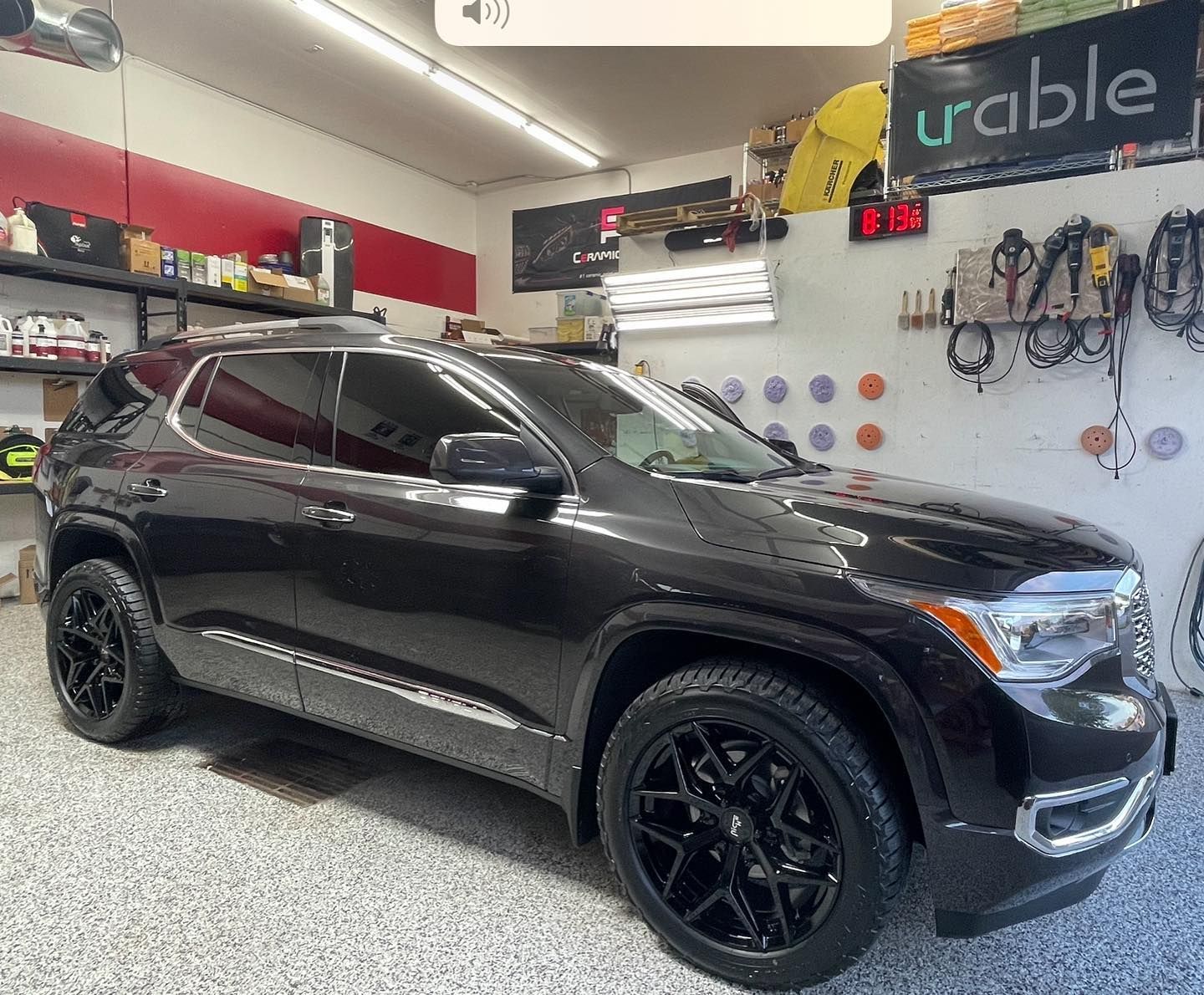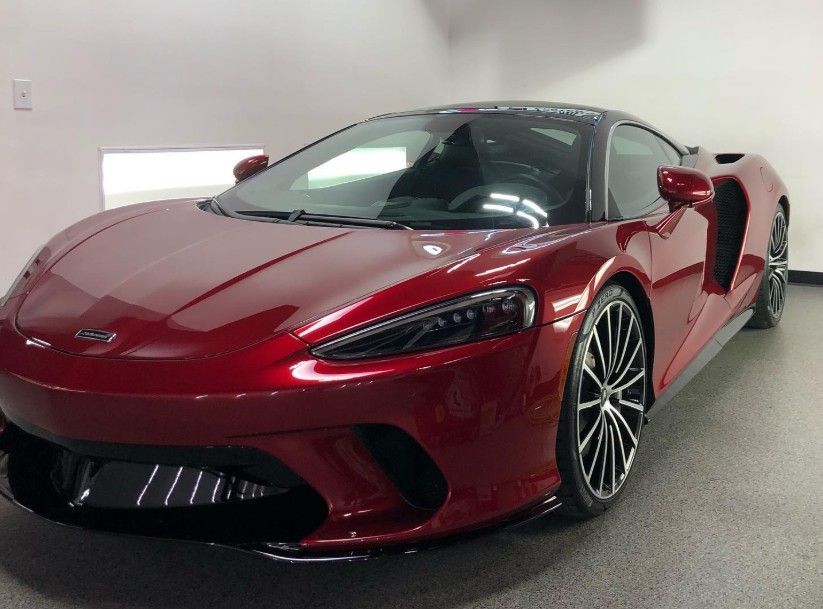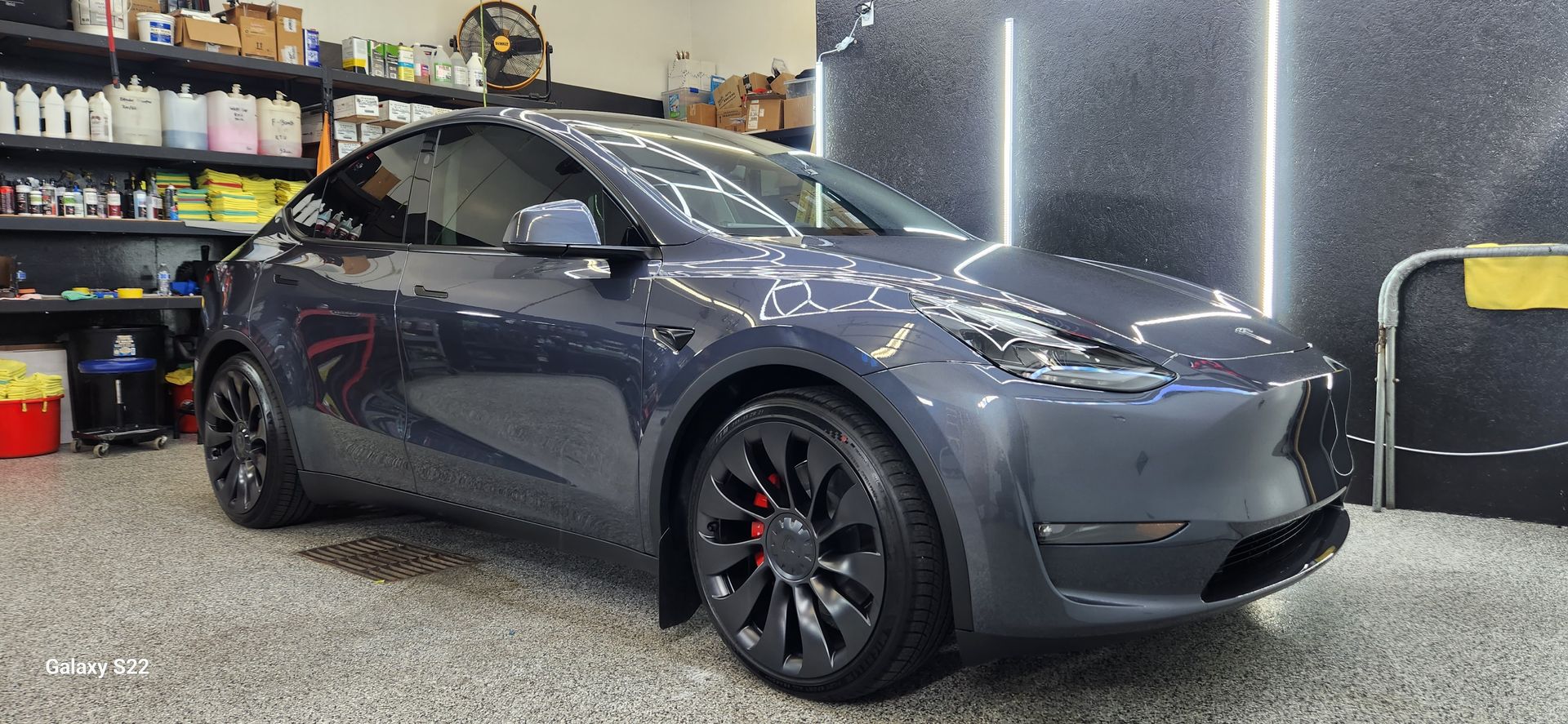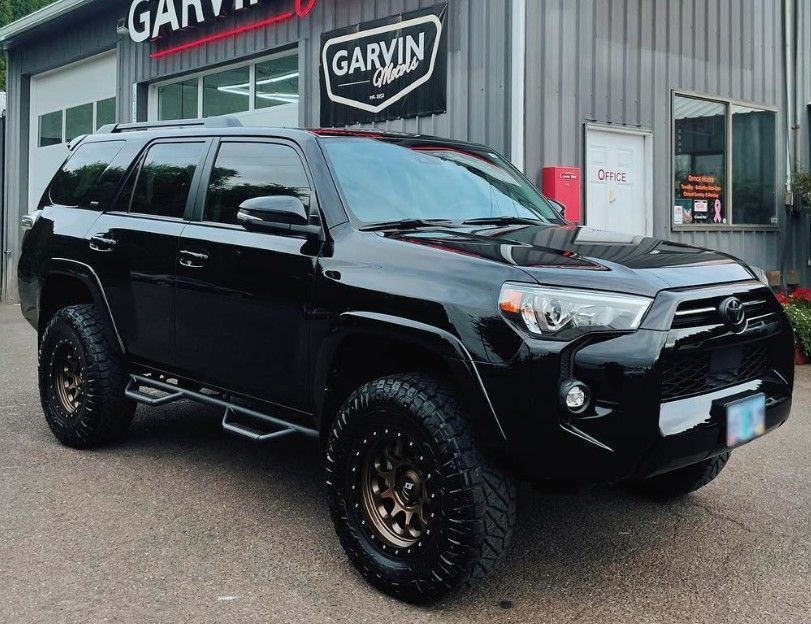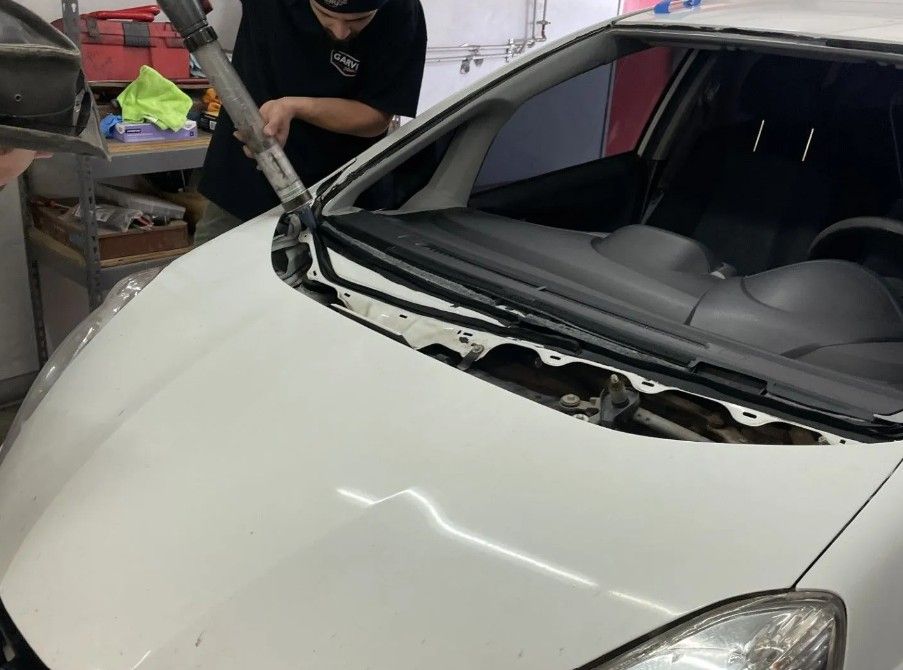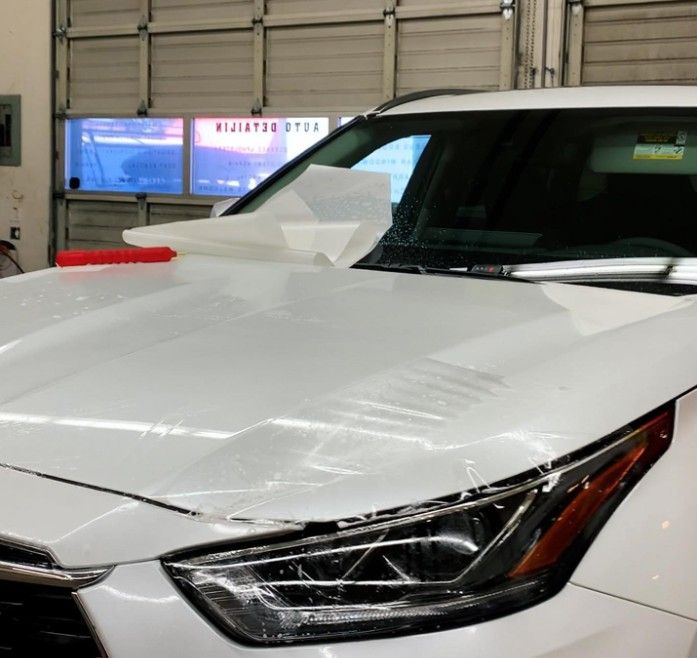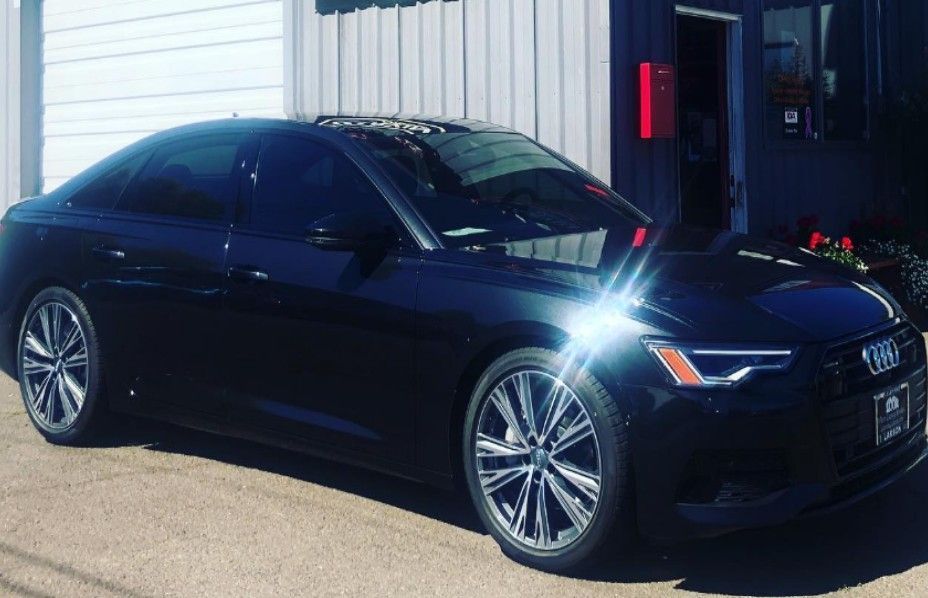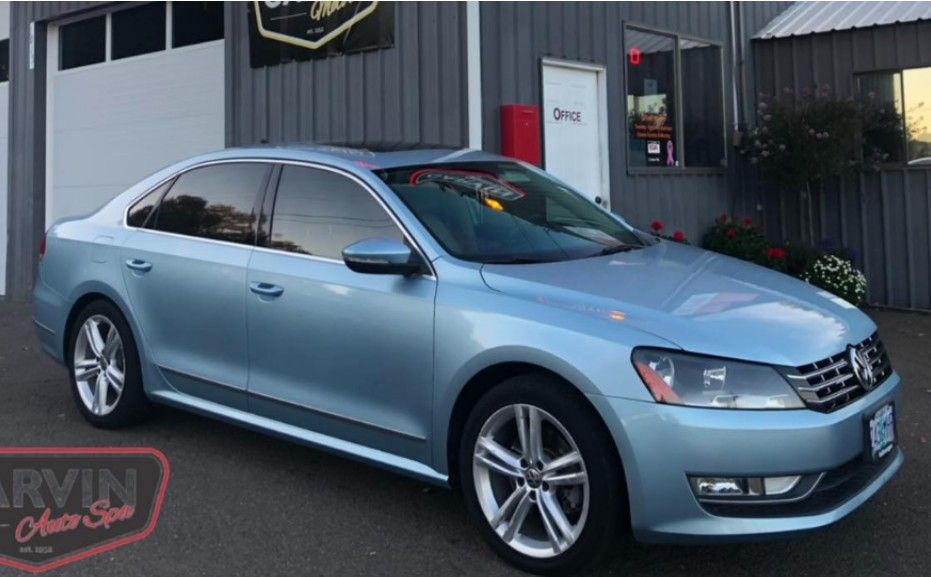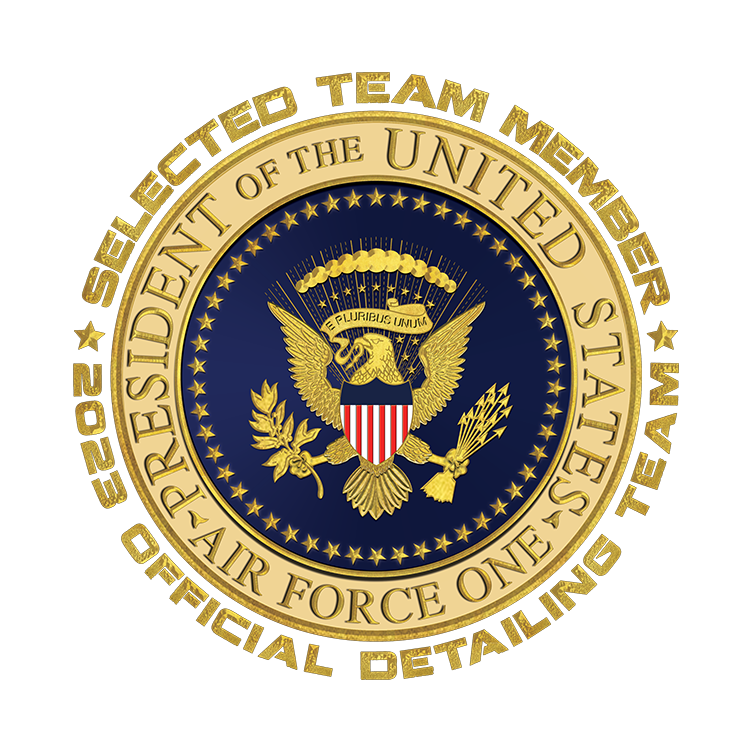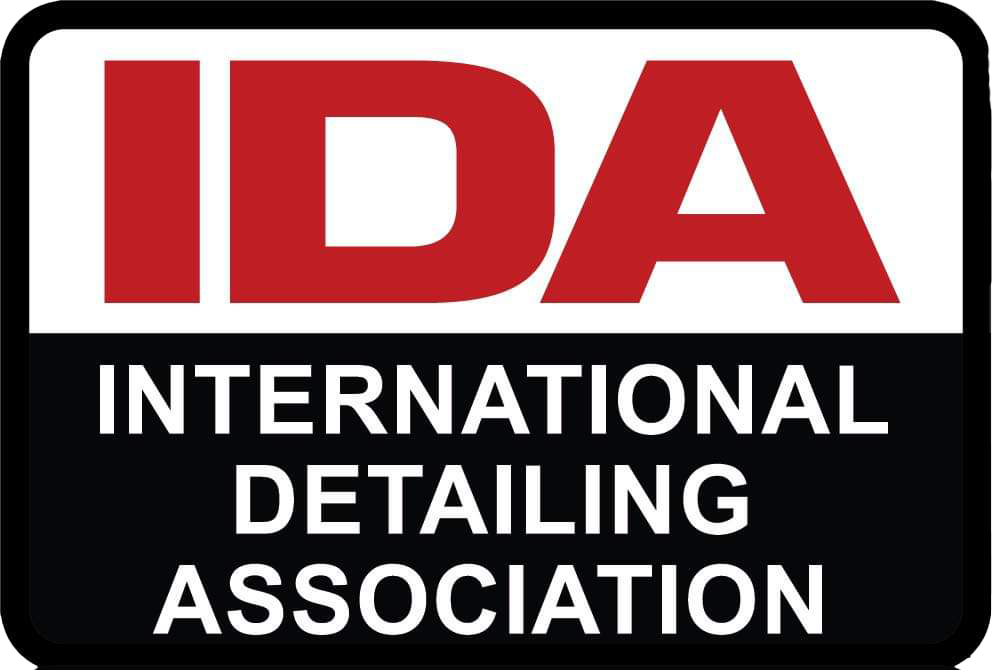If you're a car owner in McMinnville, OR, looking to protect your vehicle from the elements while enhancing its shine, ceramic coating is an excellent solution. This innovative technology provides a long-lasting protective layer that shields your car’s paint from dirt, water, and environmental contaminants. However, applying ceramic coating requires precision and care to achieve optimal results.
In this guide, we’ll break down the step-by-step process of
ceramic coating installation, from prep work to the final application, so you know exactly what to expect.
The Process of Ceramic Coating Installation in McMinnville
Initial Inspection and Paint Assessment
Before applying a ceramic coating, a comprehensive inspection of the vehicle’s exterior is essential to ensure optimal results. Professionals in McMinnville carefully assess the paint’s condition, looking for imperfections that could affect the coating’s adhesion and performance. This evaluation includes:
- Swirl Marks: Fine scratches often caused by improper washing techniques that can dull the paint’s finish.
- Oxidation: Fading or discoloration due to prolonged sun exposure, which can make the surface appear chalky or cloudy.
- Scratches and Blemishes: Any visible defects that may need correction before sealing the paint.
- Water Spots and Contaminants: Mineral deposits and embedded dirt that could create an uneven coating application.
If any imperfections are detected, professionals will perform paint correction, which may involve polishing or buffing the surface to remove defects. This step ensures the ceramic coating bonds to a smooth, clean surface, maximizing its durability and enhancing the vehicle’s gloss and protection.
By taking the time to properly inspect and prepare the paint, the ceramic coating process delivers long-lasting shine, superior protection, and a flawless finish.
Deep Cleaning and Decontamination
Once the inspection is complete, the vehicle undergoes a thorough wash to remove any dirt, grime, or debris.
After washing, the car goes through a decontamination process using clay bars or chemical cleaners to remove embedded particles. This step ensures that no microscopic debris interferes with the coating’s adhesion.
Paint Correction (If Needed)
Once the initial inspection identifies any imperfections, paint correction becomes a crucial step in preparing the vehicle for ceramic coating. This process involves the use of specialized tools, such as a dual-action polisher, along with professional-grade compounds and polishes to refine the surface.
Final Surface Preparation
Before applying the ceramic coating, the vehicle undergoes a crucial surface preparation process to ensure optimal adhesion and durability. This step involves a meticulous wipe-down using a specialized chemical solution designed to remove any lingering contaminants that could interfere with the coating’s bonding process.
Why Is This Step Important?
Even after paint correction, microscopic residues from polishing compounds, oils from the detailing process, or environmental contaminants can remain on the surface. These impurities can prevent the ceramic coating from properly bonding, leading to uneven coverage and reduced longevity. A clean, residue-free surface allows the coating to form a strong, long-lasting protective layer.
What Is Removed During the Wipe-Down?
The final surface preparation removes:
- Oils: Any lubricants or natural oils left behind from the polishing process that could create a barrier between the paint and the coating.
- Residues: Dust, fingerprints, or environmental particles that may have settled on the surface.
- Leftover Polishing Compounds: Even after paint correction, traces of polish or compound can linger, which could interfere with the coating’s ability to bond seamlessly.
How Is the Surface Prepared?
Professional detailers use a specialized isopropyl alcohol (IPA) or panel wipe solution, applied with a high-quality microfiber towel, to completely cleanse the surface. This step ensures that the paint is in its purest form—completely smooth, contaminant-free, and ready for the ceramic coating to adhere with maximum effectiveness.
By performing this final surface preparation, detailers guarantee a flawless, long-lasting ceramic coating application, giving the vehicle superior protection, enhanced gloss, and a showroom-quality finish.
Applying the Ceramic Coating
Now that the vehicle has been meticulously prepped and the surface is free of contaminants, it is time to apply the ceramic coating. This process requires precision, expertise, and attention to detail to ensure a flawless finish that enhances the vehicle’s protection and appearance.
What Is Ceramic Coating?
Ceramic coating is a liquid polymer solution that chemically bonds with the vehicle’s paint at a molecular level. Once cured, it creates an ultra-thin, durable protective layer that enhances the paint’s resistance to environmental damage, making it easier to clean and maintain.
Key Benefits of Ceramic Coating:
- Hydrophobic Properties: Repels water, dirt, and contaminants, reducing water spots and making cleaning effortless.
- UV Protection: Shields the paint from harmful ultraviolet rays that can cause oxidation and fading over time.
- Enhanced Gloss and Depth: Adds a rich, deep shine to the paint, giving the vehicle a showroom-quality finish.
- Chemical and Scratch Resistance: Offers protection against minor scratches, bird droppings, tree sap, and chemical stains.
Application Process:
- Section-by-Section Application – The coating is applied in small, controlled sections to ensure uniform coverage and prevent streaks or high spots.
- Soft Applicator Usage – Professionals use a high-quality applicator pad to gently spread the coating, ensuring even distribution and a precise finish.
- Crosshatch Method – The coating is often applied using a crosshatch pattern (horizontal and vertical strokes) to guarantee thorough coverage.
- Flash Time Monitoring – After application, the coating begins to flash (partially evaporate). Professionals carefully monitor this stage to determine the perfect moment for buffing.
Buffing for Perfection – Using a clean, lint-free microfiber towel, excess coating is wiped away, revealing a smooth and streak-free surface.
Curing Process:
Once applied, the ceramic coating undergoes a curing process that can take anywhere from 24 hours to several days, depending on the product and environmental conditions. During this period, it is crucial to:
- Avoid washing the vehicle.
- Keep the car dry and protected from dust, rain, or contaminants.
- Allow the coating to fully bond and harden for maximum durability.
By following this careful application process, professionals ensure that the ceramic coating delivers superior long-term protection, a brilliant shine, and easier maintenance, making it a worthwhile investment for any vehicle owner.
Full Curing and Aftercare
After installation, the ceramic coating fully cures within 24 to 48 hours. During this time, it's important to avoid:
- Water and rain exposure
- Harsh weather conditions
- Washing the car
Once cured, the ceramic coating provides a long-lasting protective layer that keeps your vehicle looking shiny and new for months.
Why Choose Garvin Auto Spa in McMinnville?
For a professional, high-quality ceramic coating, Garvin Auto Spa in McMinnville is a trusted choice. With years of experience and a dedicated team, they ensure:
- Flawless application tailored to your vehicle
- Expert attention to detail for a smooth, streak-free finish
- Protection that lasts, whether for a daily driver or a cherished classic
With proper care, ceramic coating preserves your car’s beauty and value for years. It’s an investment that keeps your vehicle protected from road debris, harsh weather, and environmental contaminants.
By choosing Garvin Auto Spa, you’re ensuring that your car stays looking its best and protected for the long haul. Contact us today to get started!
